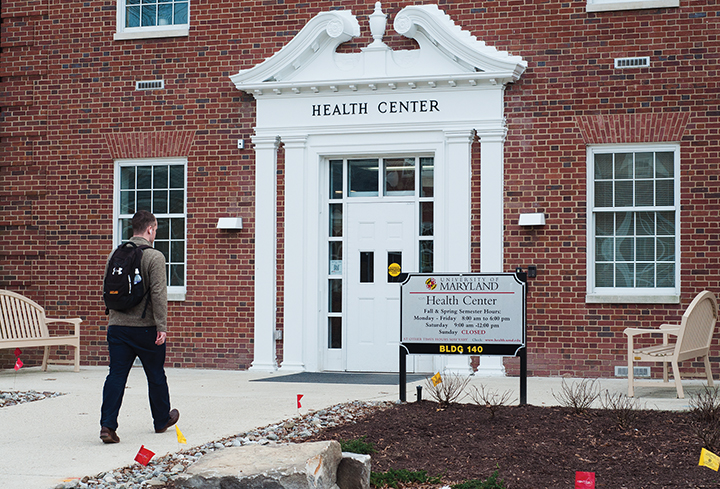The Maryland General Assembly passed a bill Saturday that will allow women to obtain oral contraceptives from pharmacies without a doctor’s prescription.
The bill passed after a 112-23 vote in the House of Delegates. Pending Gov. Larry Hogan’s approval, the legislation would go into effect on Jan. 1, 2018; however, the Maryland Pharmacy Board would have until Sept. 1, 2018 to create a list of rules and regulations pertaining to the bill.
The bill is sponsored by Del. Shelly Hettleman (D-Baltimore County), who has advocated for women’s rights, sexual assault victims and minorities in the past. Hettleman said 58 percent of pregnancies in Maryland are unplanned, yet almost 90 percent of the U.S. population lives within five miles of a pharmacy.
“To me, that says that people need a broader and wider access to contraception,” Hettleman said. “I’m hoping that women on college campuses will be able to have access to contraception through their pharmacies in a way that is quicker than through their primary care providers.”
Maryland Del. Maricé Morales (D-Montgomery) sponsored a separate bill that would make over-the-counter emergency contraception available 24/7 on college campuses in this state, but this bill has not passed in the General Assembly.
[Read more: “Hours really do count”: Supporters push for 24/7 Plan B access on college campuses]
Proponents of Hettleman’s bill argue that birth control pills are safe enough to be considered over-the-counter drugs, according to The Baltimore Sun.
University of Maryland junior Katie Hutcheson sees the potential benefits this bill could have for women who live too far away from their doctor to obtain contraceptives.
“Having to go to a doctor disproportionately affects women who are of a lower socioeconomic status, because they might live in an area where no doctors are reachable by public transportation or walking,” said Hutchenson, an environmental science and policy major. “The Planned Parenthood locations are pretty spread out, and that’s where a lot of poor women will go for feminine healthcare.”
Junior criminology major Kendall Goldstein said that any sexually active woman deserves access to birth control pills — regardless of whether they can afford to see a doctor.
[Read more: The pill remains the most popular form of birth control prescribed at UMD’s Health Center]
“If students on campus don’t have health insurance, or can’t have their parents know they’re taking birth control, it’s important that they still have access to birth control pills,” Goldstein said, adding that this is especially critical during a time when Planned Parenthood funding is being threatened.
On Thursday, Maryland passed a separate law making it the first state to protect Planned Parenthood should the federal government decide to cut its funding.
Under this legislation, the state would designate $2 million from its Medicaid budget and $700,000 from its general fund to subsidize Planned Parenthood clinics if federal funding is eliminated.



